Interview: Playwright Jen Silverman Spells Out Conjuring Up Her WITCH
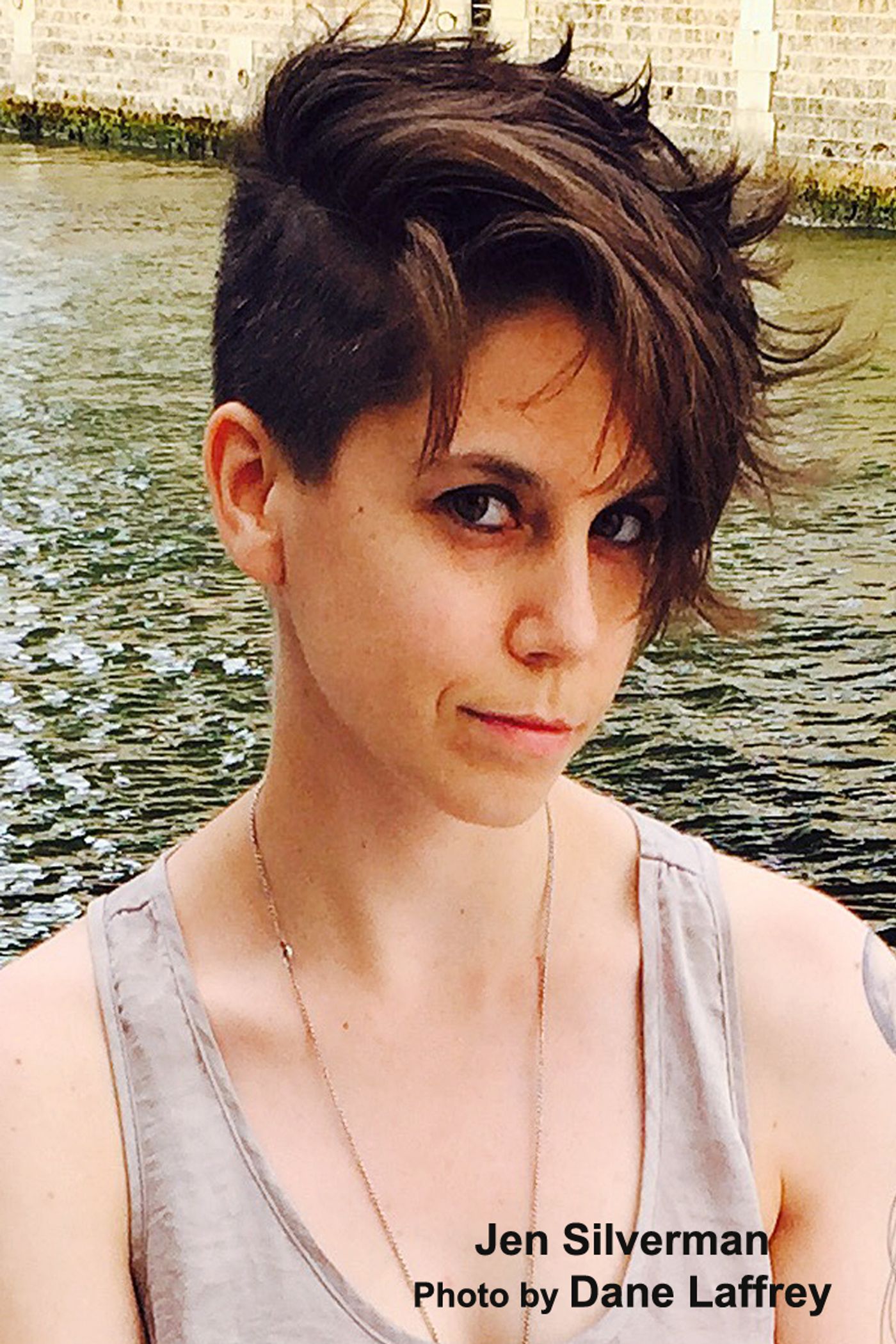
The west coast premiere of Jen Silverman's WITCH will launch The Geffen Playhouse's 2019/2020 season, having begun previews August 20, 2019. Originally commissioned by and premiering at Writers Theatre, WITCH centers on a charming outsider arriving to the quiet village of Edmonton bargaining for souls in exchange for the villagers' darkest wishes. Marti Lyons directs The Geffen cast of Maura Tierney, Brian George, Ruy Iskander, Evan Jonigkeit, Vella Lovell and Will Von Vogt.
I had the opportunity to delve into the sharp, clever mind of Jen Silverman on her creation of WITCH.
Thank you for taking the time for this interview, Jen!
Will you be coming to Los Angeles to oversee this Geffen production of your WITCH?
Yes, I'm delighted to have a chance to continue the work that director Marti Lyons and I started in Chicago, and it felt important to be here together.
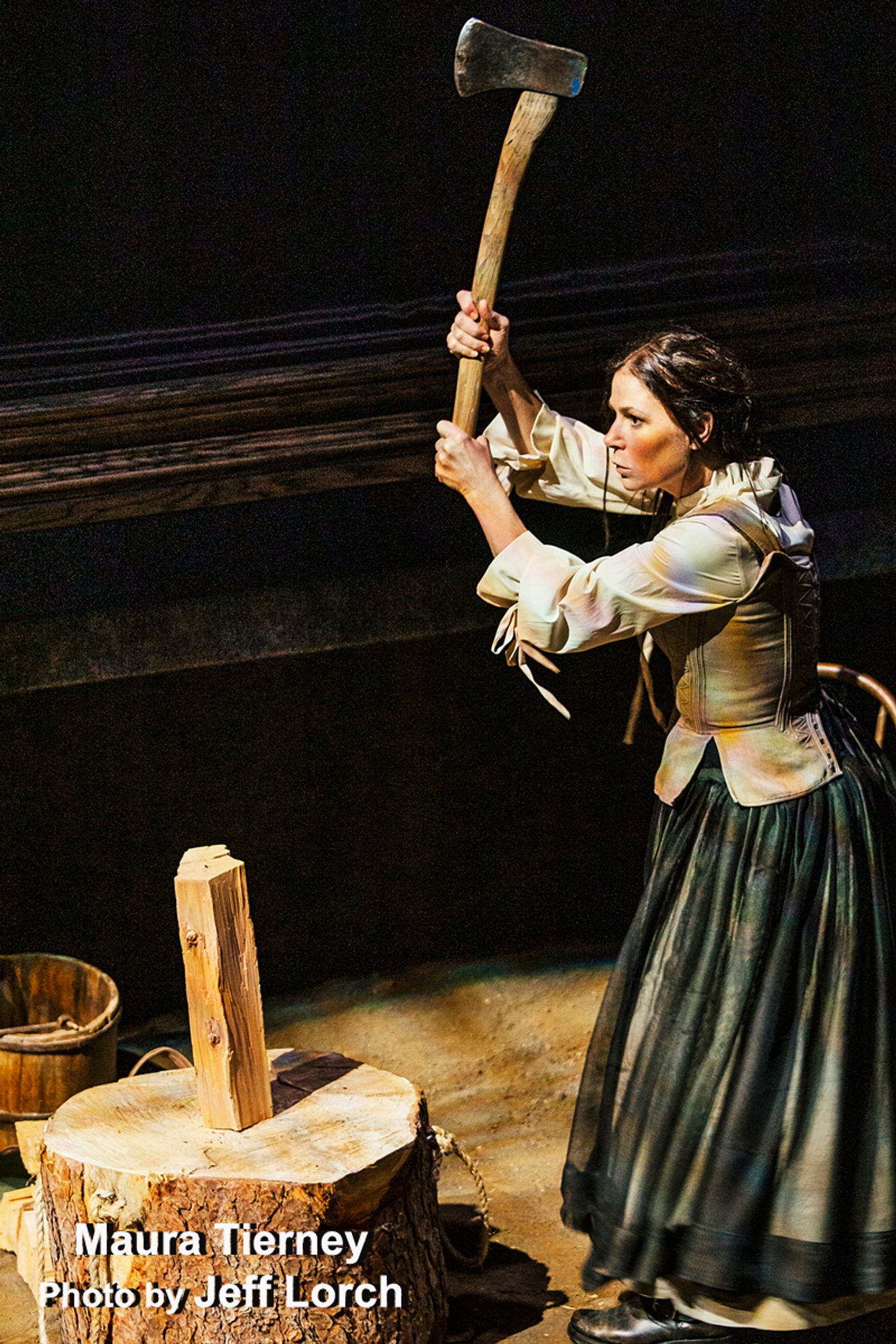 What fortuitous circumstances led up to Writers Theatre in Chicago commissioning and consequently premiering WITCH last September?
What fortuitous circumstances led up to Writers Theatre in Chicago commissioning and consequently premiering WITCH last September?
I've long had an obsession with the original play, WITCH OF EDMONTON. It's this sprawling, subversive, Jacobean play, and I never knew what I'd do with it, just that it drew me. My agent Rachel Viola mentioned this to Bobby Kennedy who heads up new play development at Writers Theatre. He and I connected, we had a great conversation, and Writers commissioned me to make my own thing - more of a riff or a conversation than an adaptation.
Any significant tweaks between that world premiere and the Geffen production?
Marti and I are still actively investigating how the play moves, what the world looks like, how tone works in certain sections. We're also re-making a big physical sequence, that will operate in a new way. It feels like we're arriving at a version that has many different choices in place, but that's being built on the bones of all the discoveries we made together the first time around.
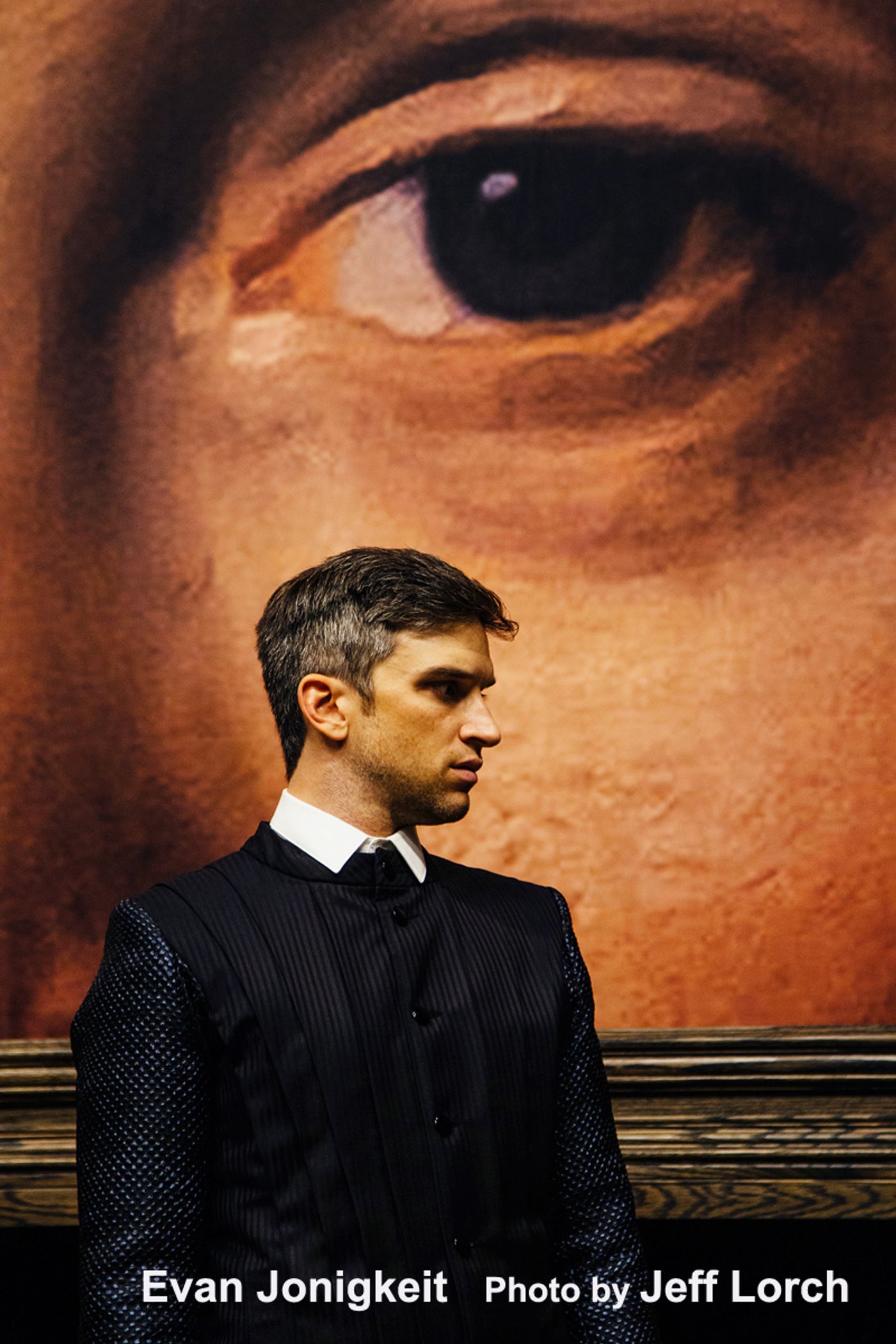 What was the gestation period (from the light bulb of an idea to typing "THE END" on the last page) for writing WITCH?
What was the gestation period (from the light bulb of an idea to typing "THE END" on the last page) for writing WITCH?
Once I started writing, I discovered that with each subsequent draft, I was learning what the play wasn't, rather than landing on what it was. I threw away so many versions of this play before I showed anyone a "first" draft. The gestation period felt like building something, and then tearing it down to only the set of pages I was most excited by, and re-building forward or backward from those pages, and then doing this again and again for over a year. I also got to hear various drafts with The Lark and Hudson Valley Shakespeare Festival, before our process started at Writers, and I was immensely grateful for that support.
If you were pitching WITCH, what would your three-line pitch of it be?
A dark comedy about despair. (See, I did it in one.)
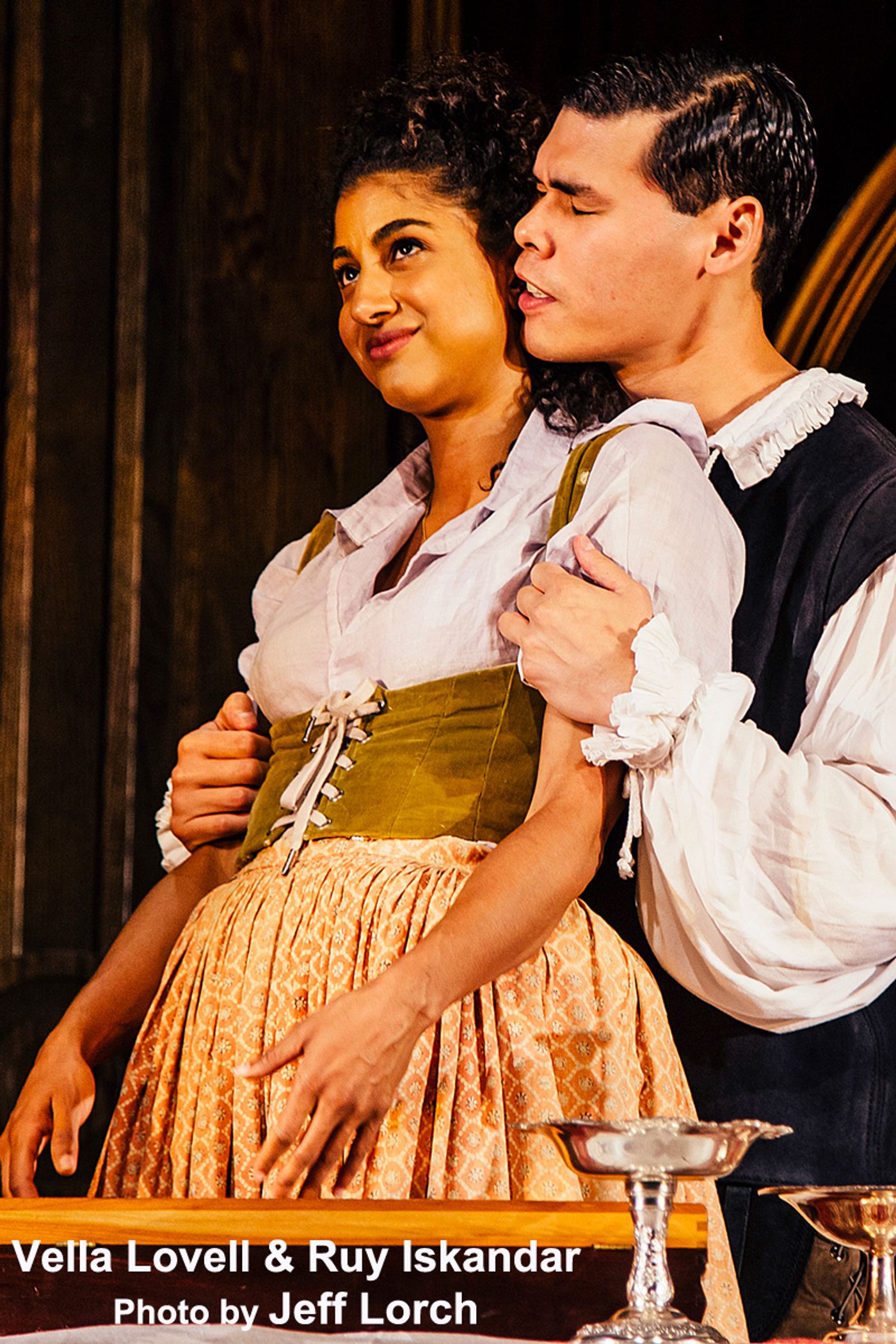 When does your script get set in stone? After a few workshops? Before a world premiere? By the time it's in licensing script form?
When does your script get set in stone? After a few workshops? Before a world premiere? By the time it's in licensing script form?
That depends on the script. Some plays need a second or third production to come into their final iteration. Some plays know what they are and find their strongest form very quickly - but never without the clarifying realities of a production. Until there are designers involved and an audience in the theatre, a play is a text that is operating from a series of suppositions. Productions test and shape those suppositions.
How much say do you have in casting and choosing the creatives in the various premieres (world, east coast, west coast, Los Angeles, etc.) of your work?
I'm very involved when I'm still actively working on the play. After I release a play into the world, I try to let theatres make their own choices, while remaining available to discuss any large questions.
When did you realize you wanted to have a career as a playwright?
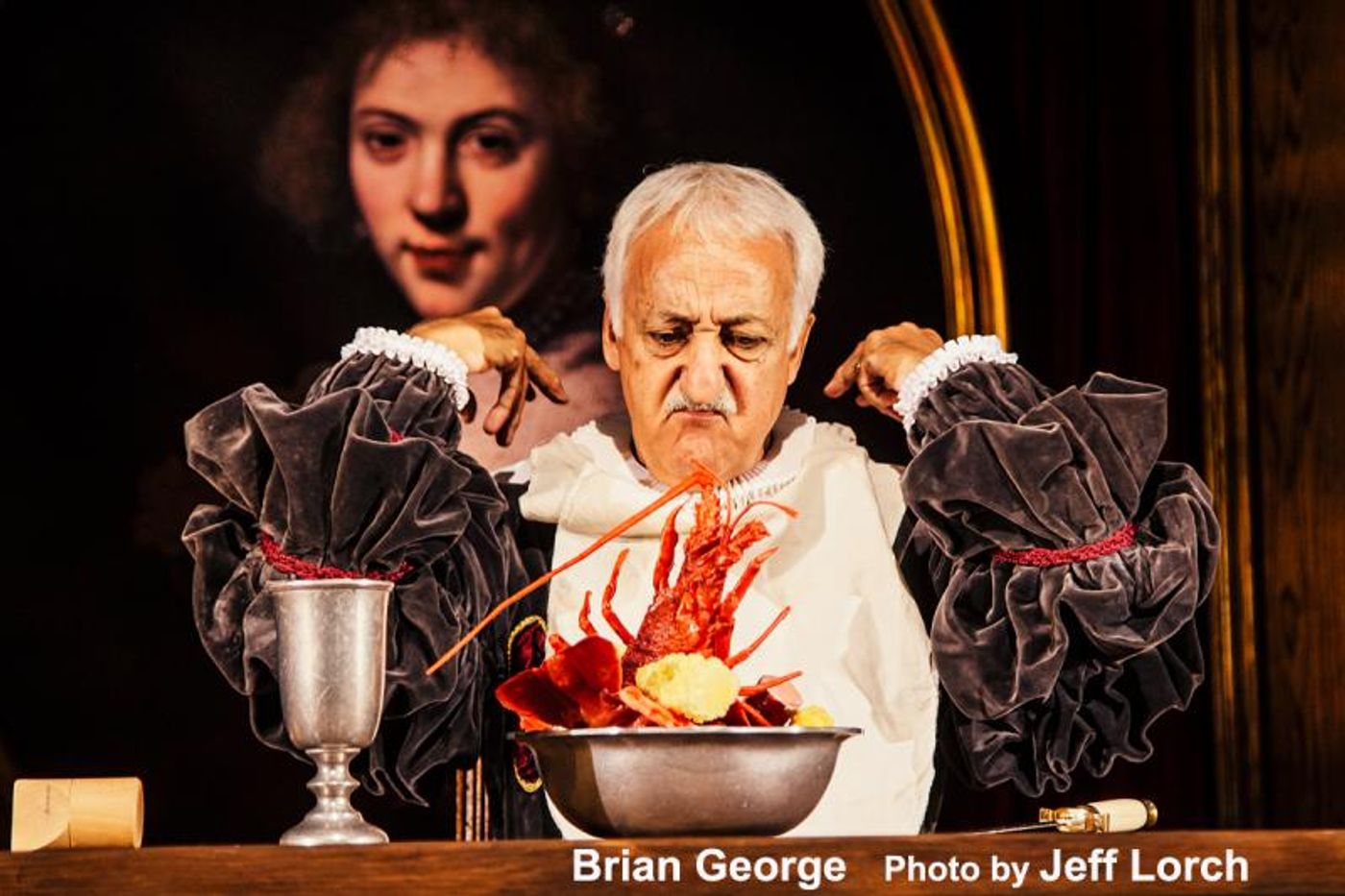 I'm still waiting to get into med school.
I'm still waiting to get into med school.
Who were your writing icon and/or role models?
Some of the writers whose work I come back to again and again: playwrights Sarah Kane and Caryl Churchill, poets Richard Siken and Kaveh Akbar, writers Haruki Murakami, Richard Yates, Alexander Chee and Maggie Nelson.
What reminiscences do you have of working with Phylicia Rashad directing THE ROOMMATE at Steppenwolf?
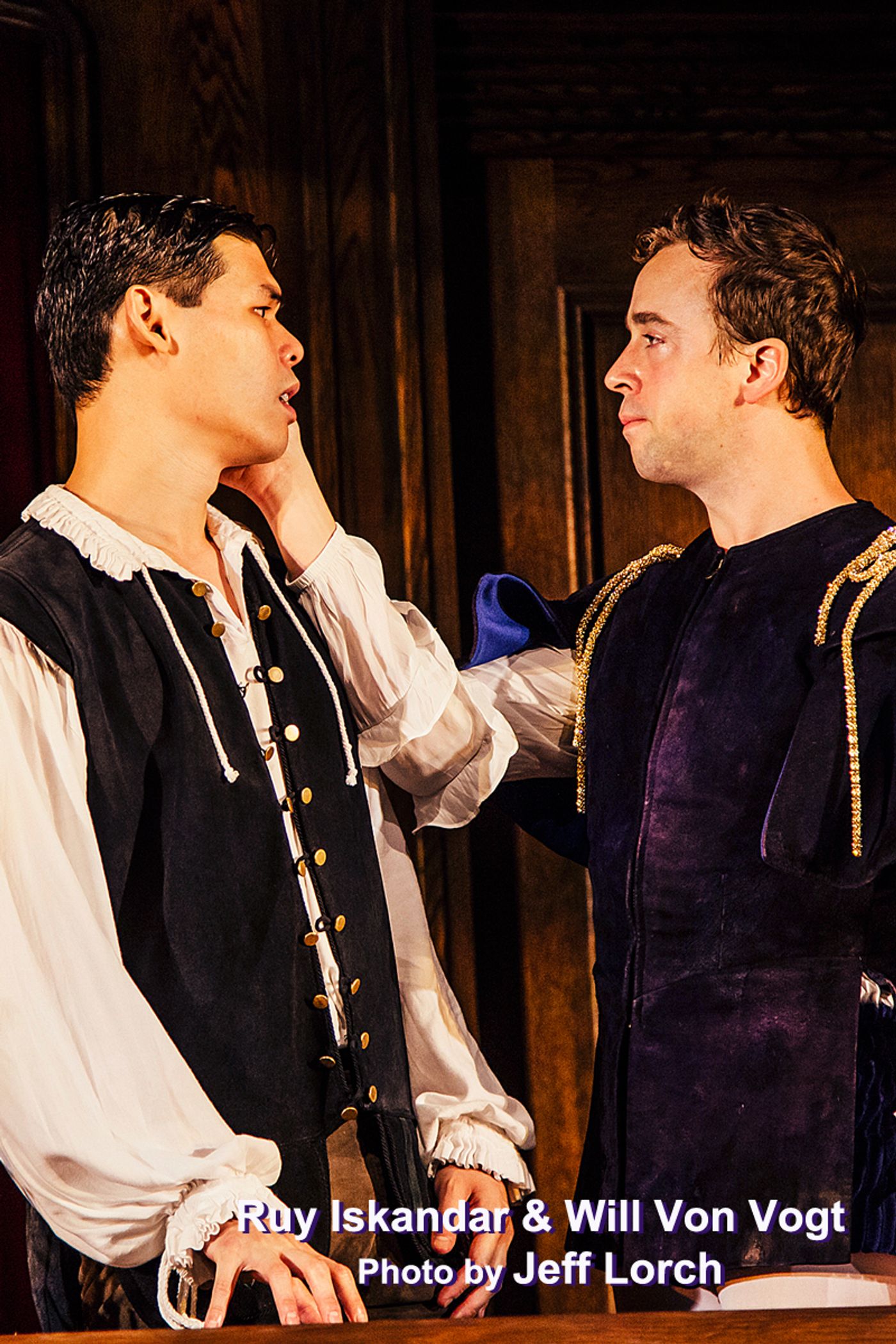 I couldn't be there for the rehearsal process because I was in a TV room, but I came in to see the first few previews. Phylicia took me out for dinner after the second preview, caught me up to speed, and invited me to share any notes. I'm always aware that it can feel jarring to have the playwright come in at that delicate point in the process, and I was impressed with how open and generous she was to me, yet how in command of her process.
I couldn't be there for the rehearsal process because I was in a TV room, but I came in to see the first few previews. Phylicia took me out for dinner after the second preview, caught me up to speed, and invited me to share any notes. I'm always aware that it can feel jarring to have the playwright come in at that delicate point in the process, and I was impressed with how open and generous she was to me, yet how in command of her process.
Writing plays are traditionally a more singular activity, unless you're co-writing. Was it easy for you to adapt to writing for Netflix's Tales of the City in a writers' room? Or is this gig also where you write by yourself.
Showrunner Lauren Morelli assembled a room of thoughtful, giving, hilarious people, and I think transitioning into a collective process felt easy specifically because of who else was there. In the Tales room, and then in the subsequent room I was in, we all broke the season together but went away to write our individual outlines and episodes. That's my favorite balance of group mind vs. individual instinct. I also write books - which is an even more solo experience than theatre - and it makes me particularly appreciate the collaborative nature of TV rooms when I choose to be in them.
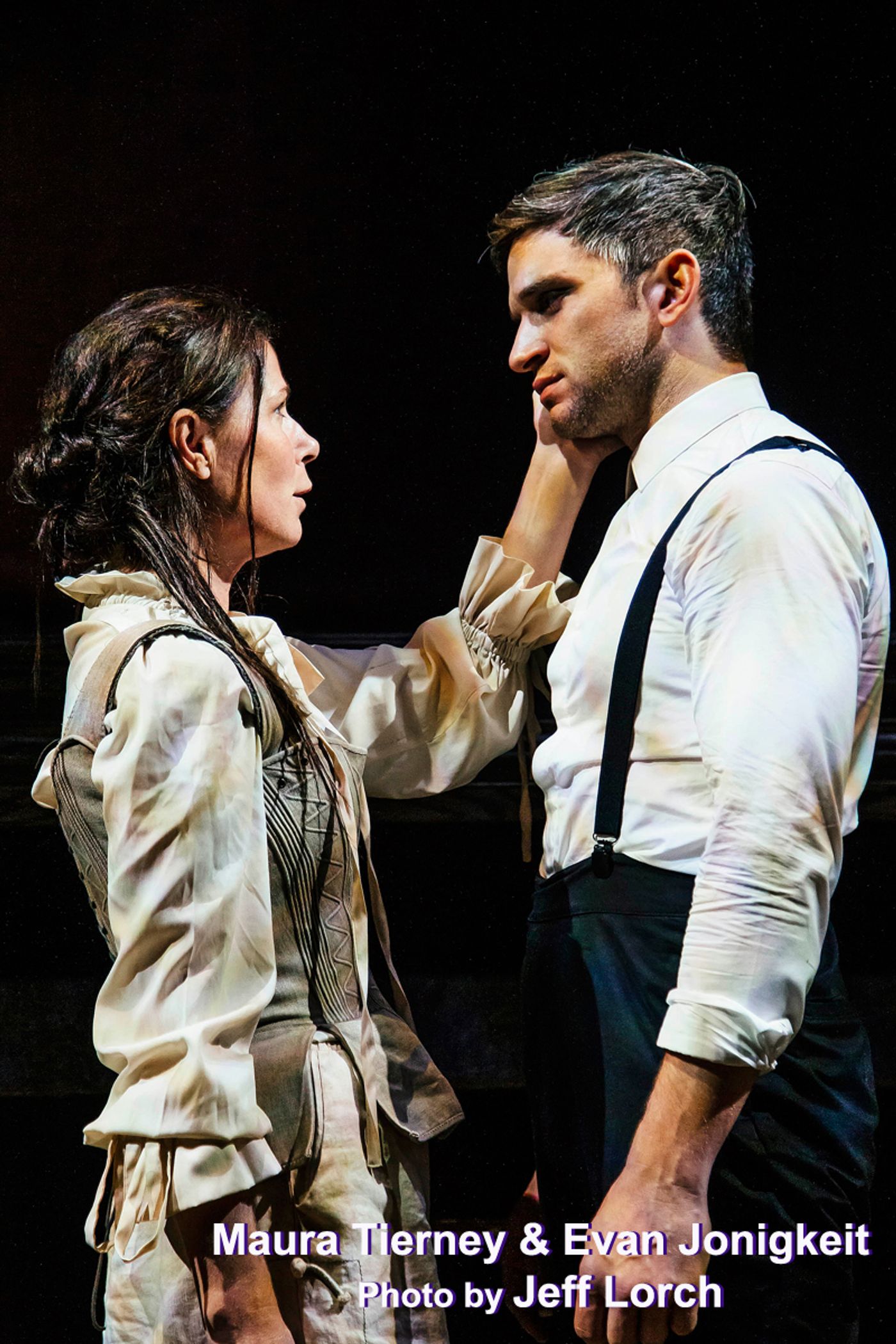 I've loved, loved, loved the original Tales of the City, and have greatly admired its creator Armistead Maupin. Would you tell us a fun/interesting/enlightening experience you had working with him?
I've loved, loved, loved the original Tales of the City, and have greatly admired its creator Armistead Maupin. Would you tell us a fun/interesting/enlightening experience you had working with him?
Armistead was a total delight. He visited us in the writers' room and on set, and he was so supportive. In the Episode 107 wedding scene, he and his husband Christopher have cameos - they're sitting in the front row. We actually shot that scene the day of their anniversary. Right before we started, the producers brought them a cake and we sang to them.
Can you give us a hint as to what you're writing next?
I've been working on my first novel for Random House. They published my first book last year, an interlinked story collection called The Island Dwellers. I've never written a novel before - it's weirdly thrilling how form and content start to intertwine when you have no idea what you're doing.
What would you consider to be the perfect response from the Geffen audience after WITCH's curtain call.
Sending their friends!
Thank you again, Jen. I look forward to experiencing your WITCH!
For ticket availability and schedule through September 29, 2019; log onto www.geffenplayhouse.org
Videos

